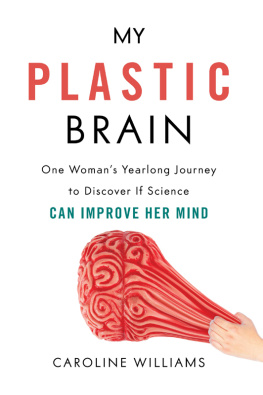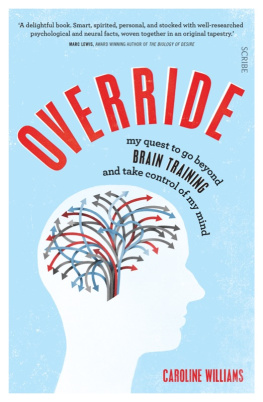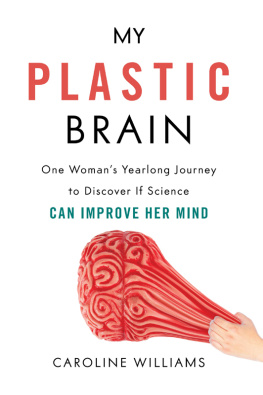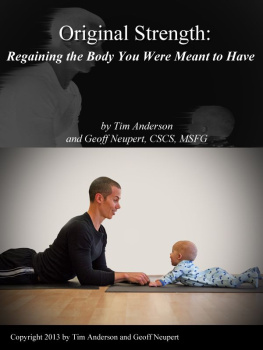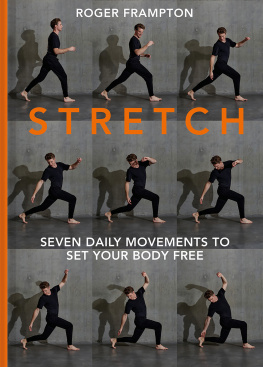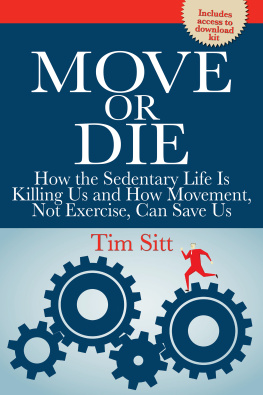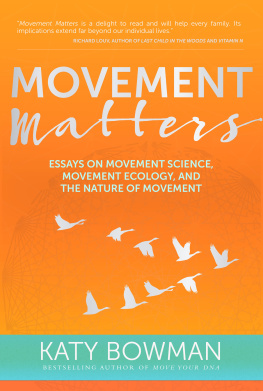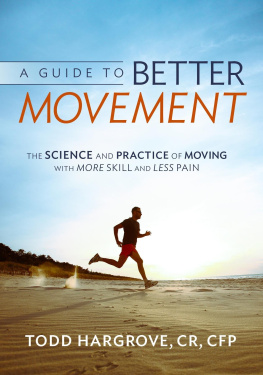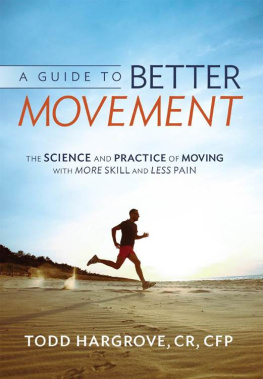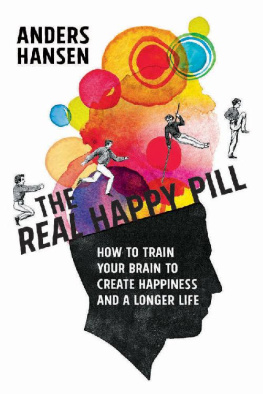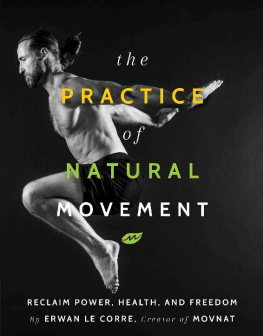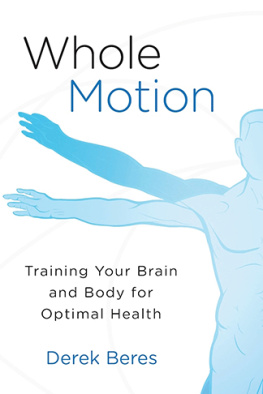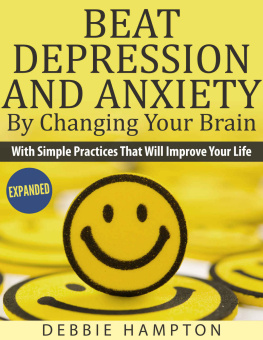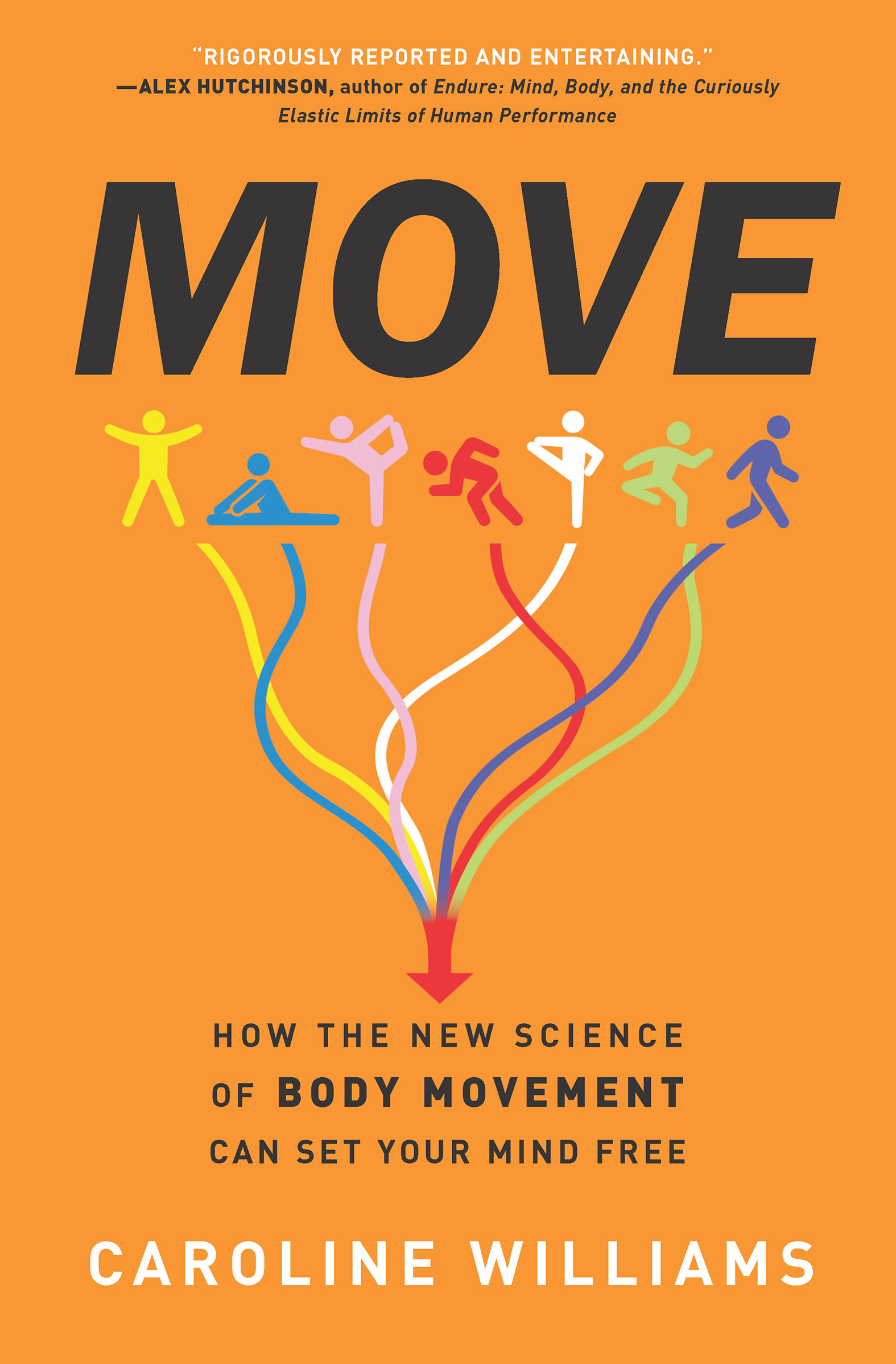
Caroline Williams has created a true movement manifesto that made me want to get out of my chair. Move is a brilliantly crafted guidebook to better health for everyone, backed by science and common sense.
Charlie Engle, ultramarathoner and author of Running Man: A Memoir
Well-researched, understandable, and fascinating.
Penny Le Couteur, author of Napoleons Buttons: How 17 Molecules Changed History
In this rigorously reported and entertaining account, Williams offers a genuinely new perspective on the links between how we move and how we think and feel.
Alex Hutchinson, author of Endure: Mind, Body, and the Curiously Elastic Limits of Human Performance
Science writing at its absolute best: lucid, informative, authoritative, fascinatingand very, very important.
Guy Claxton, author of Intelligence in the Flesh
Caroline Williams inquisitive but incredulous nature allows her to shepherd the reader on this enjoyable journey, exploring how we can all lead a more fulfilling and healthier life. Definitely pick up this book. It will help change the way you spend your days, and change your outlook on life!
Joshua D. Mezrich, MD, author of When Death Becomes Life: Notes from a Transplant Surgeon
Williams reveals ways folks can reconnect their mind to body, and their body to movement.
Katy Bowman, MS, bestselling author of Move Your DNA
Caroline Williams is a science journalist and editor. A consultant for, and regular contributor to, New Scientist, she has also written for the Guardian, BBC Future and BBC Earth, among others. She has worked as a radio producer and reporter for BBC Radio and holds a BSc in biological sciences from Exeter University and an MSc (Distinction) in science communication from Imperial College London. She is the author of one previous book, My Plastic Brain: One Womans Yearlong Journey to Discover if Science Can Improve Her Mind, published by Prometheus.
CarolineWilliams.net
Also by Caroline Williams
My Plastic Brain: One Womans Yearlong Journey to Discover If Science Can Improve Her Mind
Move
How the New Science of Body Movement Can Set Your Mind Free
Caroline Williams

For Jon and Sam, who keep me moving
Contents
Introduction
Just come in and move however your body wants to...
This is the moment I have been dreading all day. Its 7:30 p.m. on a Wednesday and I have come to a village hall in Surrey, England, for what Ive been told will be an evening of mind-altering free-form dance.
The young man at the door takes my money and encourages me inside. Its dark, apart from a few candles and fairy lights, but I can just make out a middle-aged DJ with a bleached crew cut and harem pants, spinning what probably comes under the banner of gentle tribal beats. One woman is rolling on the floor, while another is wafting around chasing imaginary butterflies. Then two of them start hugging. At which point my body tells me very clearly that it would like to move, as quickly as possible, back through the door.
I dont, and as the evening progresses, my body gives up the fight and starts to move. As the drums build towards a climax, the DJ murmurs let go into the mic. Suddenly, as if he flicked a switch, I notice that Im no longer moving my legs: they are moving me. My feet are hammering the floor at an alarming rate, as my head shakes from side to side and my arms flail in circles. I couldnt stop if I wanted to, and I feel unleashed, alive, free.
It was my first foray into the world of how movement can radically affect the mind, and it was something of an eye-opener. Ill be honest: getting high on life like this isnt my usual kind of thing at all. My thing is more about sitting quietly, reading, thinking and writing about the peculiarities of the human mindtrying to get my head around why people think the way we do, and what science can tell us about how we might overcome the many mental and emotional glitchesfrom a lack of focus to anxiety and depressionthat seem to come as part of the deal.
But then one day it occurred to me that my mind seems to work best when my body is on the move, and I started to wonder why. What is it about going for a long walk that unravels tricky scientific concepts in my head and helps a jumble of ideas finally coalesce into sentences? Why does an hour of yoga make me feel calm and in control, no matter what challenges the rest of the day holds? And why does jumping around to music in the kitchen make me feel so damn happy?
A spell of sitting and reading later, it transpired that I wasnt the only one asking these questions. Scientists working across a huge variety of disciplines, from neuroscience to cell biology, from exercise physiology to evolutionary biology, have started to investigate how bodily movement affects the mind and are just beginning to tease apart the physiological mechanisms that explain why. What they are finding is potentially game-changing scientifically and, given the way most of us live our lives these days, profoundly important for our overall health and well-being.
It shouldnt be news by now that most of us arent moving anywhere near enough, myself included. After walking the dog for an hour in the morning, my working day mostly involves sitting at a desk and moving no further than the kitchen for multiple cups of tea. If hes lucky, the dog gets another wander through the woods, and on some days I do yoga, but more often than not weekday evenings involve yet more sitting, followed by eight hours in bed. Statistically, my life isnt all that unusual. The average modern adult spends 70 percent of their life sitting or lying completely still; we move around 30 percent less than our counterparts in the 1960s. Children spend up to 50 percent of their free time sitting around, and thats before you factor all those hours bent over a school desk.
There are good reasons why we, as a species, have chosen the way of the sloth. First, its comfortable. And second, we have spent most of the past century inventing technologies that make movement unnecessary. Unlike almost all of the other creatures on the planet, we are now in a position where we barely need to shift our bodies to find food, stay entertained or even find mates. Most of it can be done sitting down and occasionally moving our thumbs.
Yet while we (stiffly) pat ourselves on the back for having the brains to make this happen, we are missing something important. The brain evolved not for us to think but to allow us to move away from danger and towards rewards. Everything else, from our senses to our memories, emotions and ability to plan ahead, was bolted on later to make these movements better informed. Moving is at the heart of the way we think and feel. If we stay still, our cognitive and emotional abilities become seriously compromised.
Sure enough, as we make ourselves comfortable, the cracks in our collective psyche are beginning to show. Our increasingly sedentary lifestyles have been linked to falling IQs,
Studies suggest that both self-esteem and pro-social behavior tend to be lower among people who spend more time sitting, and that sedentary time is linked to a greater risk of anxiety and depression. Although it isnt clear which comes first, the sitting or the depression, physical activity is well-known to be helpful in relieving symptoms of both conditions, so it stands to reason that a sedentary lifestyle is not ideal for anyone at risk of, or already dealing with, mental health issues.
Next page

